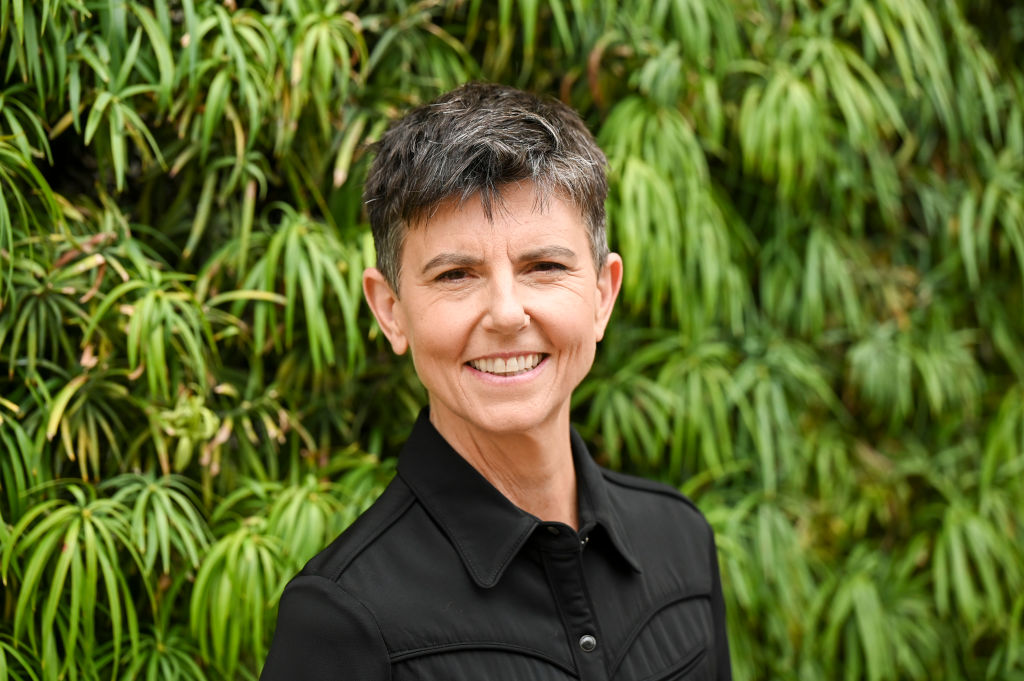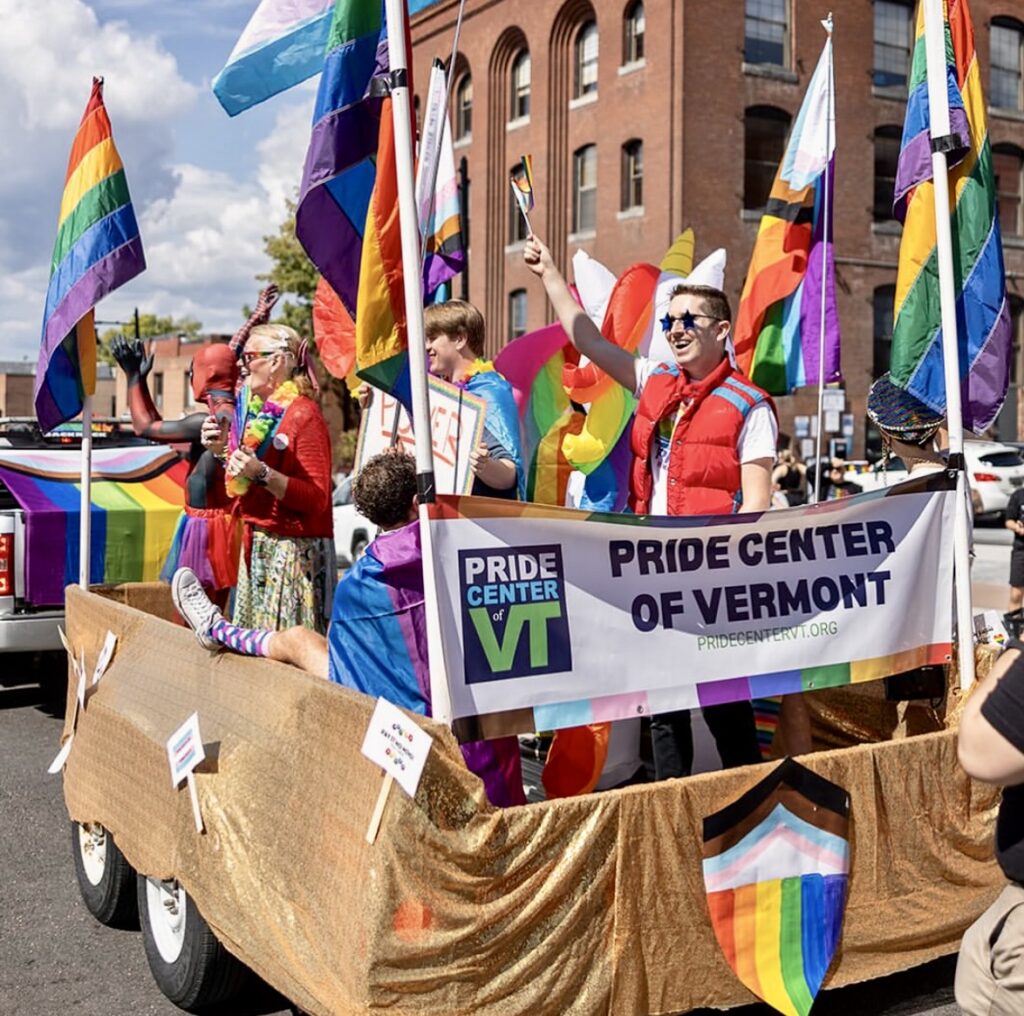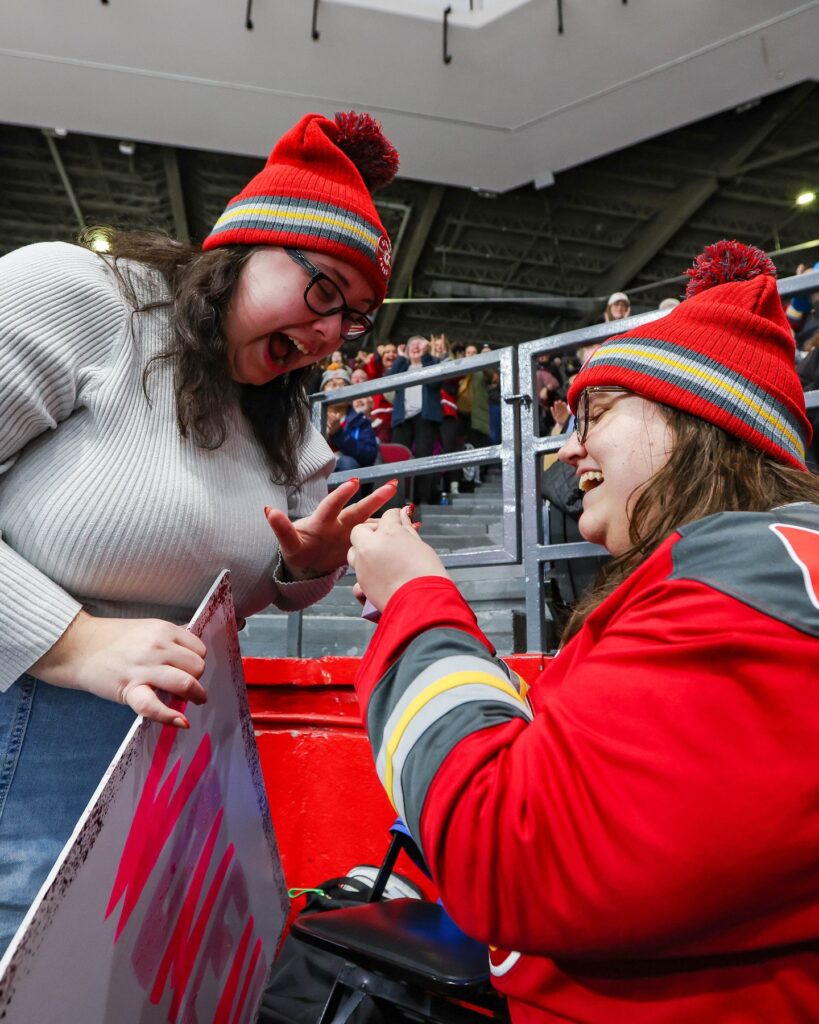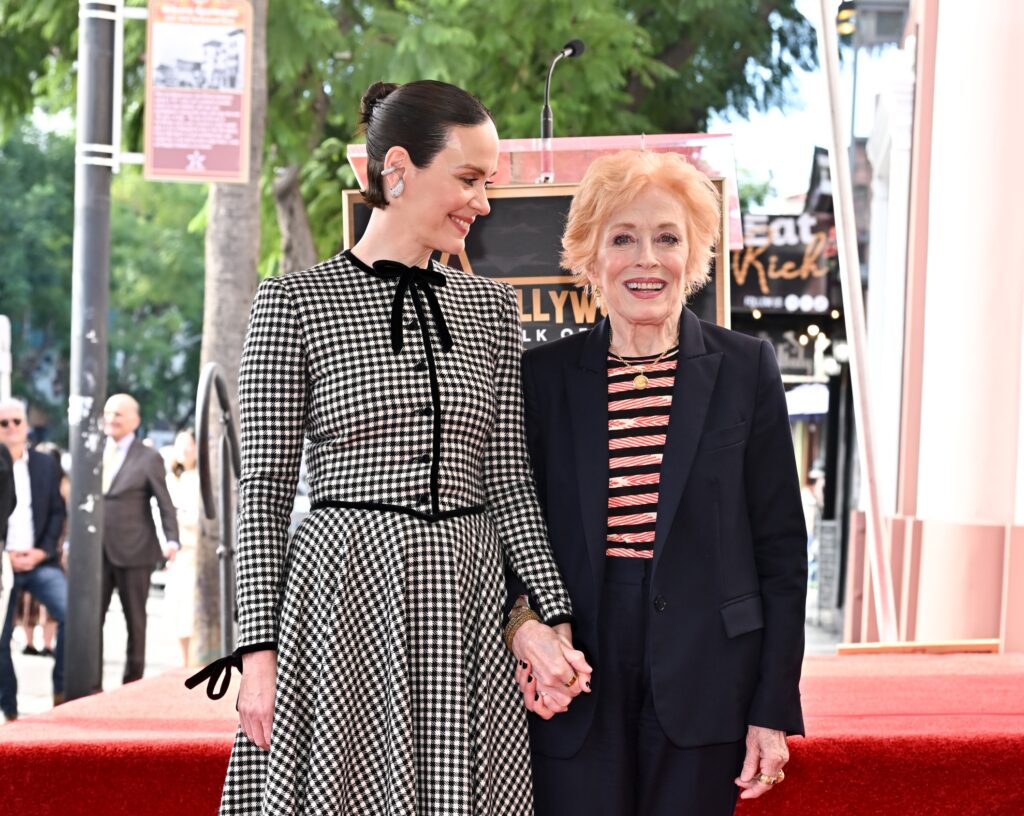For Binational Couples, COVID’s Visa Crisis Means Life Is Still On Hold

“Even if you have a rock-solid relationship with the person you’re long distance with, these kinds of challenges have been nearly unbearable for mental health for so many people.”
It was a summer night in 2017 when Taylor Presley, a New Yorker then living in Barcelona, opened the HER app to a profile of, as she remembers it, a “French woman with a smolder.”
Cindy Pallavidino, the French woman in question, was in Barcelona for her best friend’s 30th birthday, and the two made plans to meet that night at a well-known lesbian bar in the area. The connection, Pallavidino says, was immediate.
“I saw her coming out of the taxi because I was waiting outside, and it just clicked right away,” she recalls. “I was like, I need to know more about this girl. I’m so interested.”
The two quickly became not only romantic partners but also partners in travel, spending their weekends and free time exploring new places, in addition to their well-worn route between Spain and France. When it came time for Presley to move back to New York, they kept up their relationship across continents for two years before deciding it was time for less distance and fewer redeyes. In September 2019, Presley filed the first piece of paperwork needed to begin the K-1 visa process — more popularly called the “fiancé visa” — so that Pallavidino could join her in New York, where they planned to marry and start a single-time zone life together.
“We were so excited,” Presley tells GO. “We had the clear narrative of our love story put together — all the photos and love letters and documentation that effectively proved we were serious and wanted to get married. We couldn’t really foresee anything causing problems with us getting approved.”
Then the pandemic hit.
Suddenly, U.S. consulates, critical to the visa application process, were shuttering across the globe in response to the virus. Meanwhile, former president Donald Trump was quick to suspend new green cards and other types of visas — a move he claimed was to protect the Covid-shaken job market but something many critics saw as intended to obstruct legal immigration. Even still, the pair hoped that Pallavidino’s K-1 immigration interview, scheduled for that August in France, would take place. But when the interview was canceled, rescheduled, and then canceled again without an option of rescheduling — that’s when things “started to feel hopeless,” Presley says.
“It turned from patiently waiting to becoming a never-ending heartbreak that we’ve had to basically deal with multiple times over,” she said. “It’s almost been like every time we think we see the end of this process, that light is extinguished again.”
That’s a reality hundreds of thousands of people in the U.S. with loved ones hoping to secure visas are having to face. As of February, the backlog of visa applications waiting to be processed — many of them petitions for K-1 visas or K-3 visas, the spousal equivalent — stood at a staggering 380,000. The pandemic, with its bevvy of consulate closures and logistical complications, is one reason for this. But as Elizabeth Ricci, an attorney and immigration law expert says, part of it could also be carryover from Trump-era policies. Those policies were largely designed to impede individuals of color from immigrating in particular, and if the current 380,000-strong backlog is at all similar to past years’ demographics, the significant majority of those awaiting visas come from Latin American and Asian countries.
“I think part of it was intentional to discourage people from filing and hanging onto their cases,” Ricci says, adding that for LGBTQ+ binational couples who plan to marry, the Trump administration may have seen “all the more reason” to prevent them from petitioning for each other. “That was part of the last administration’s approach to immigration — discourage, delay and deny.”
Today, the place we’re at is “a little bit better,” Ricci says, with some consulates and immigration interview appointments beginning to open back up and a new president in office who pledged to reverse many of Trump’s harmful anti-immigration policies. And yet, experts still say it could take years to get through the full backlog of those awaiting visas, which are currently being issued at about a third of their pre-pandemic rate.
“Everyone’s having problems with visas — it’s a big problem,” Ricci says. “It’s a huge backlog, and it’s going to affect families and businesses for a long time.”
Meanwhile, Presley and Pallavidino say the stress and sense of hopelessness they’ve experienced, on top of the stress of the pandemic, has had a substantial impact.
“Even if you have a rock-solid relationship with the person you’re long distance with, these kinds of challenges have been nearly unbearable for mental health for so many people,” Presley says. “I am already an anxious person. And I think having no control over the events in my life that have to do with my relationship has made it really stressful, because there’s nothing I can do to directly alleviate that anxiety.”
Trying to support each other throughout months of nonstop global turmoil hasn’t been easy from far-flung time zones. On most days when Presley shuts down her work laptop, Pallavidino, in the south of France, is already asleep.
“The loneliness has been very, very hard,” Presley adds. “My evenings are spent very much alone, and I think the isolation during the pandemic has been one of the hardest things. Because I’m not only isolated from my friends and family, I’m also separated by time and distance from my partner as well.”
According to Anjuli Sherin, a marriage and family therapist who works largely within LGBTQ+, immigrant, South Asian, Middle Eastern and Muslim communities, the impact that long-term separation from a partner can have on mental health is “enormously difficult,” especially during a tumultuous time. And that impact may be even heavier given the status of a number of other factors, she notes, including time differences, access to reliable internet or phone connection, existing mental health conditions, the strength or vulnerability of a relationship, and whether one has to also care for children.
“A major source of our relational resilience is missing,” Sherin said, adding that because of this, there may be a “higher risk of exacerbating existing mental health concerns, including addictive behaviors” as well as “reduced immune systems due to stressors.”
On Pallavidino’s end, although video calls and little gifts sent overseas help — she calls Presley a “very caring and generous person who is always trying to make me feel good” — not knowing when they’ll be reunited has had an outsized impact on her sense of motivation. Her life, she says, feels “like it’s been on hold for over a year now.” She sees little point in making plans or pursuing job opportunities in France when she hopes to soon be leaving, but she’s also not yet able to make solid plans for her new life in the U.S.
“I’m trying to freelance a little bit just to survive, but this has also caused me to underestimate myself and feel unmotivated,” she says. “I just don’t want to do anything, because I have this thing in my head and we don’t know when it will be resolved.”
In some ways, the impacts they’re describing are not dissimilar to what most people the world over have faced during the pandemic. Many feel the effects of isolation and the sense that life is on hold, although a lot of folks have still had partners and chosen support systems alongside them to process those feelings. A key difference for Presley and Pallavidino, though, is that while friends and peers are beginning to pick their lives back up and foresee a return to relative normalcy by year’s end — or even, in an increasingly vaccinated world, sooner — their lives remain in a paperwork-fueled holding pattern.
“Everything is blurry,” Pallavidino says. “But then we found this court case. And it brought us a lot of hope.”
At the beginning of March, Pallavidino and Presley were officially admitted, following a motion filed by their attorneys, as Round 3 Plaintiffs in Milligan v. Pompeo, ongoing litigation that aims to address the current delay of K-1 visas. As plaintiffs, they’re effectively guaranteed an embassy interview for Pallavidino, although they don’t yet know, as of this writing, when that will be. Still, the case has “renewed our hope,” Presley says, even if that hope has come with a price tag — something she recognizes her privilege in being able to afford.
“We’re having to pay this money for something that should be happening anyway, and it has really hurt our financial goals for this year,” Presley said. “I’m aware that people’s financial situations have been extraordinarily challenged by the pandemic, and the K-1 visa process in and of itself costs so much. My instinct is that, for the majority of people, taking legal action like this would be very stressful financially, if not actually an impossibility.”
Having to pursue costly workarounds for something anyone should theoretically have access to has made an “already expensive process even more expensive,” Ricci says. And though she clarifies that technically “nothing in immigration requires an attorney,” the system is still set up to prioritize those who can afford one. To file most immigration forms on your own, she adds, requires a strong command of English, not to mention the ample free time needed to wade through so much paperwork. As she puts it: “The system is designed for you not to be able to figure it out.”
For Presley and Pallavidino, they’re hopeful that, as plaintiffs, they’ll emerge on the other end of that system with a date for their reunion — and, eventually, a date for their wedding — in hand. In the meantime, they push through by envisioning the small things and moments they’ll get to share.
“We want to get a new apartment, and she wants to have a dog,” Pallavidino says with a laugh. “We’ll be able to start saving for the wedding. We always talk about the future, so it’s not something new, but talking about it now is helping us look forward and have hope,” she says. “All I want is to start a life with Taylor, with a routine and us living together. It’s really simple.”
For Presley, she’s excited for all the “normal couple things” they’ll finally get to do together, as well as the plans they’ll be able to make.
“Cindy is just my person. She is the ultimate partner,” she says. “Her personality keeps me grounded, she is unbelievably patient and kind, and we have so much fun together. Despite all the distance, we’ve been able to have this amazing love story that I have never once doubted, even with an ocean between us. And that’s what gives me assurance — that we wanted to go through this process together. And we want to continue it.”












